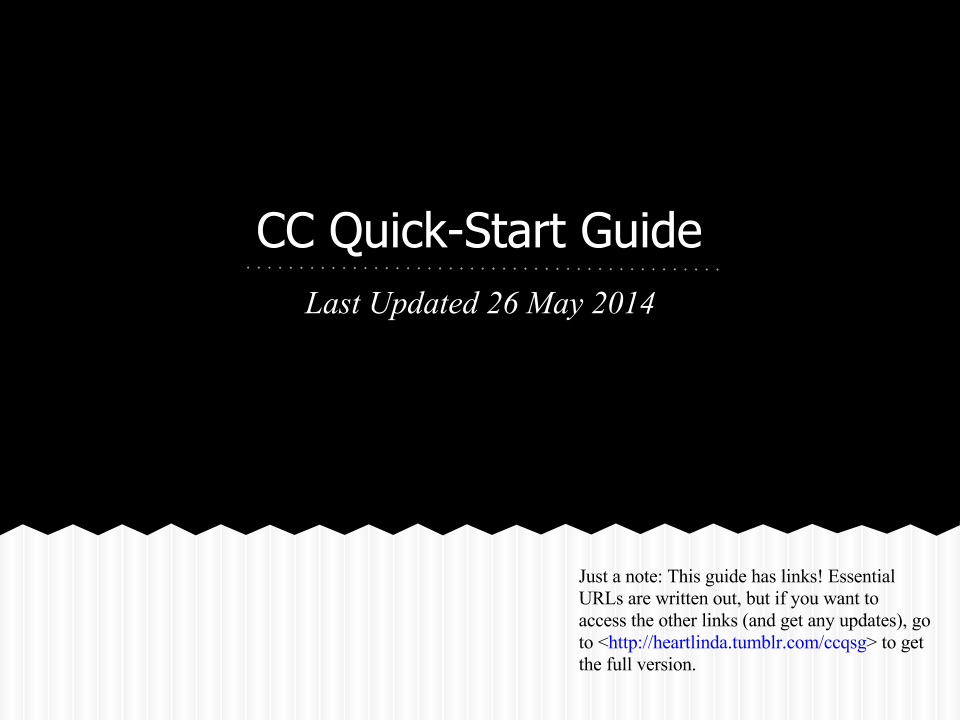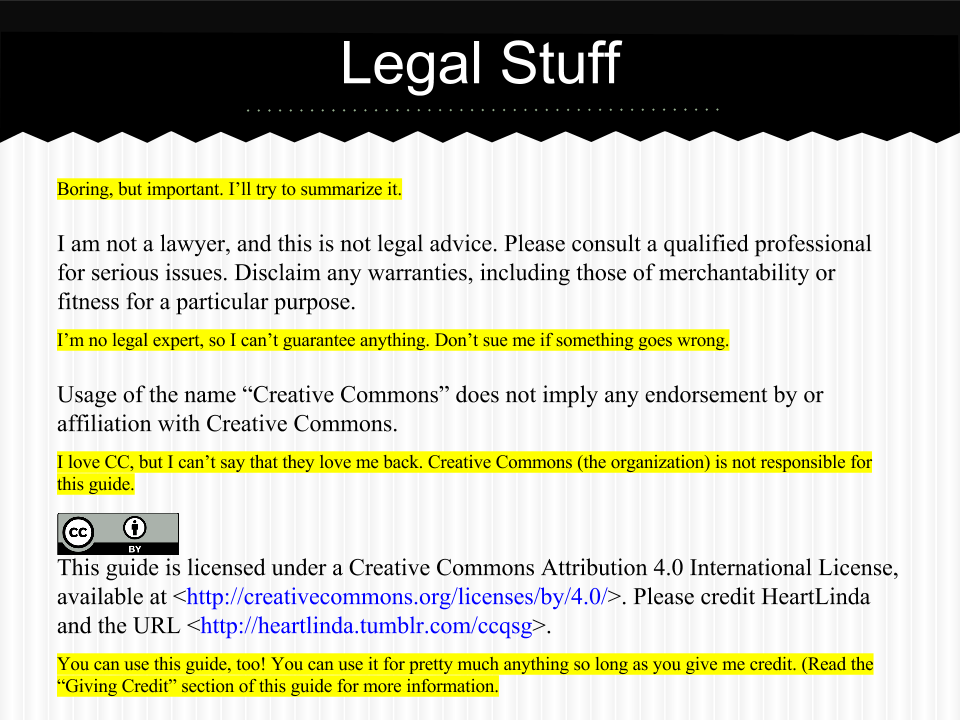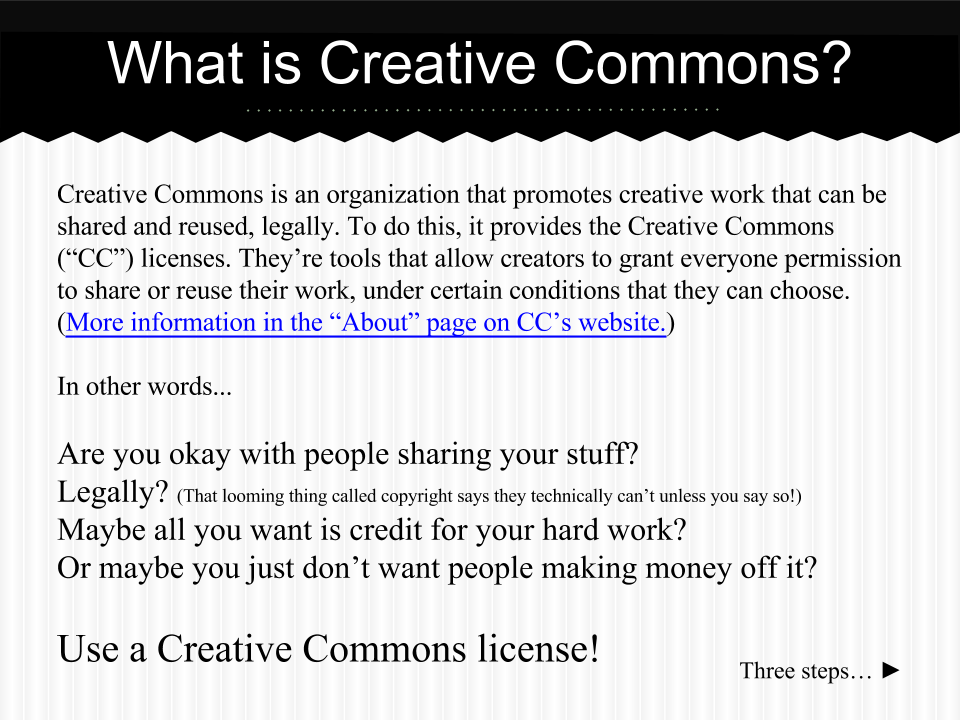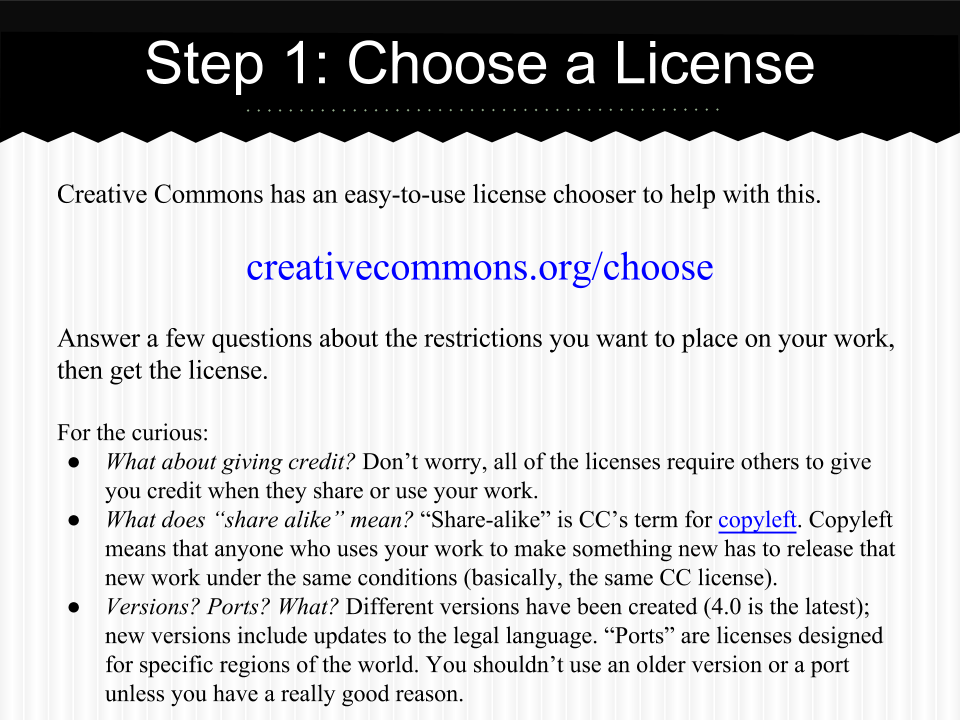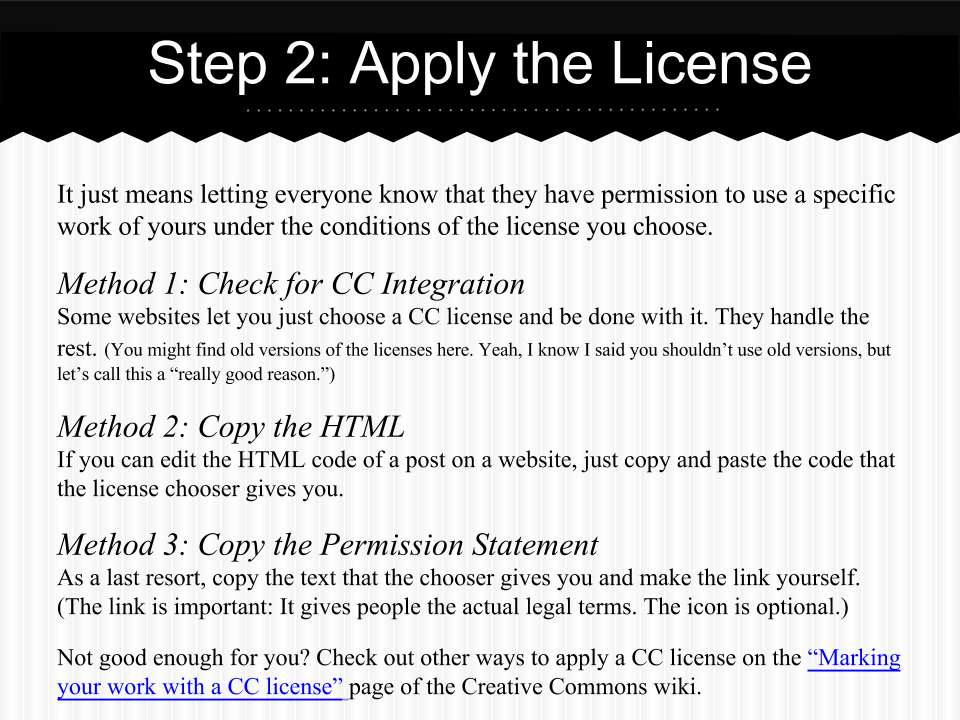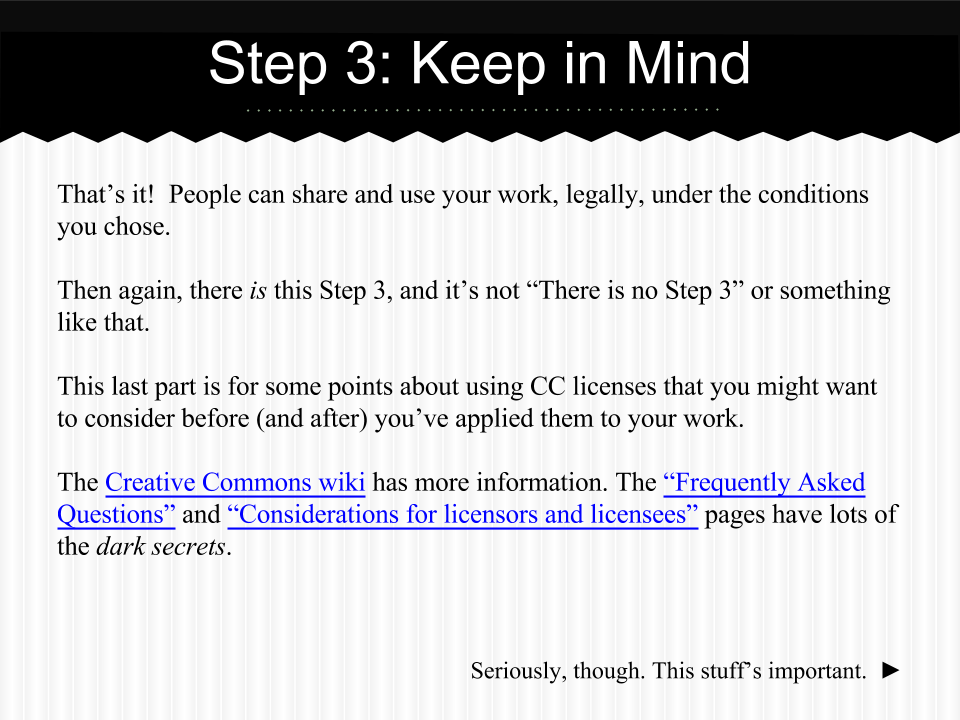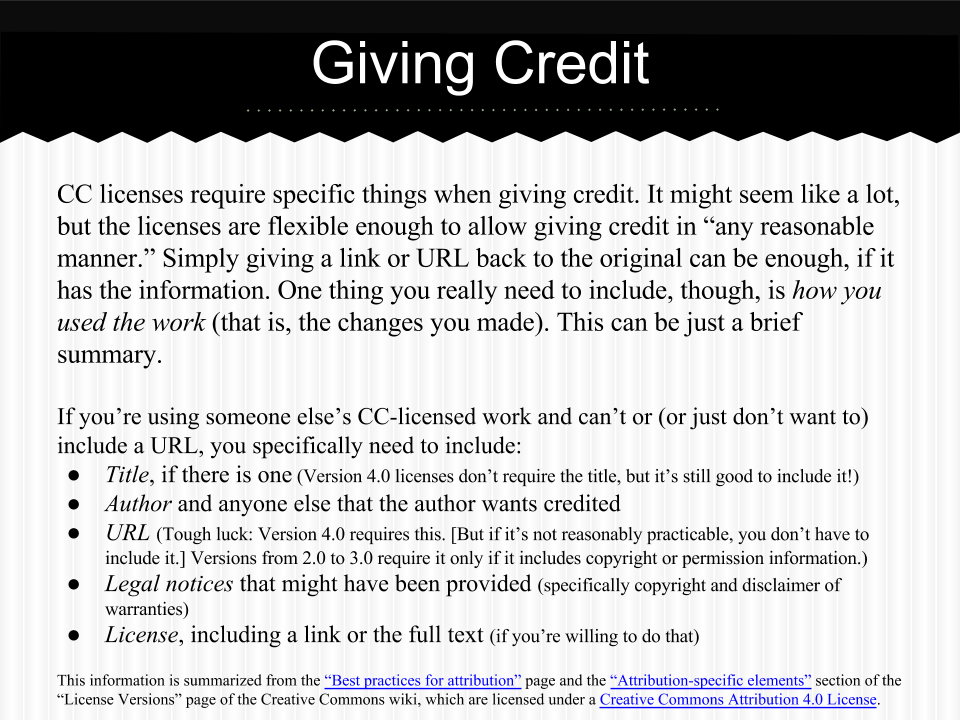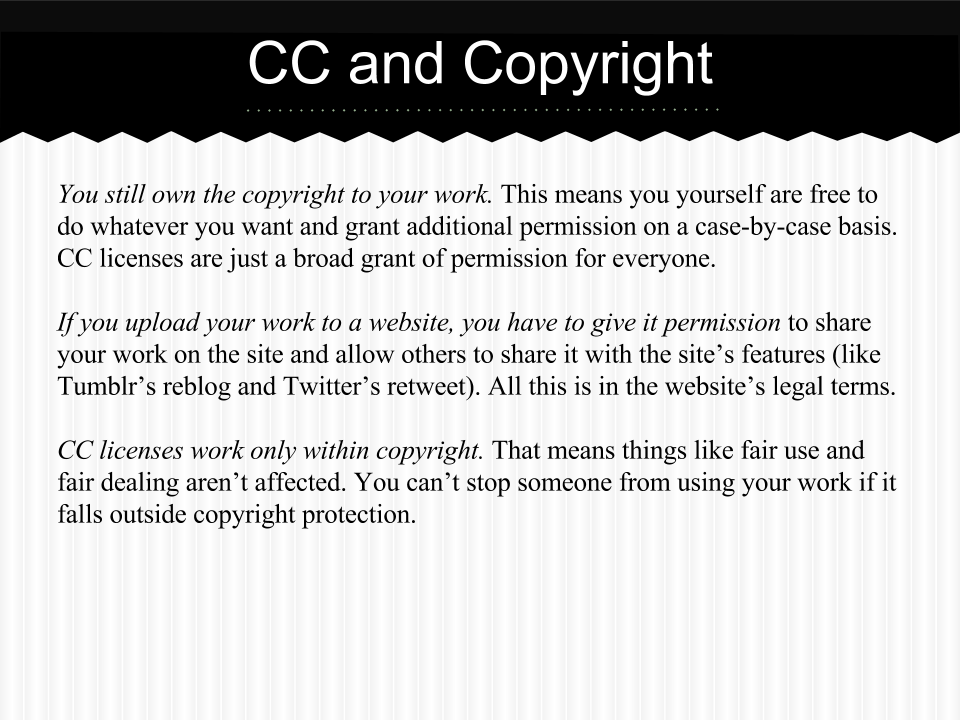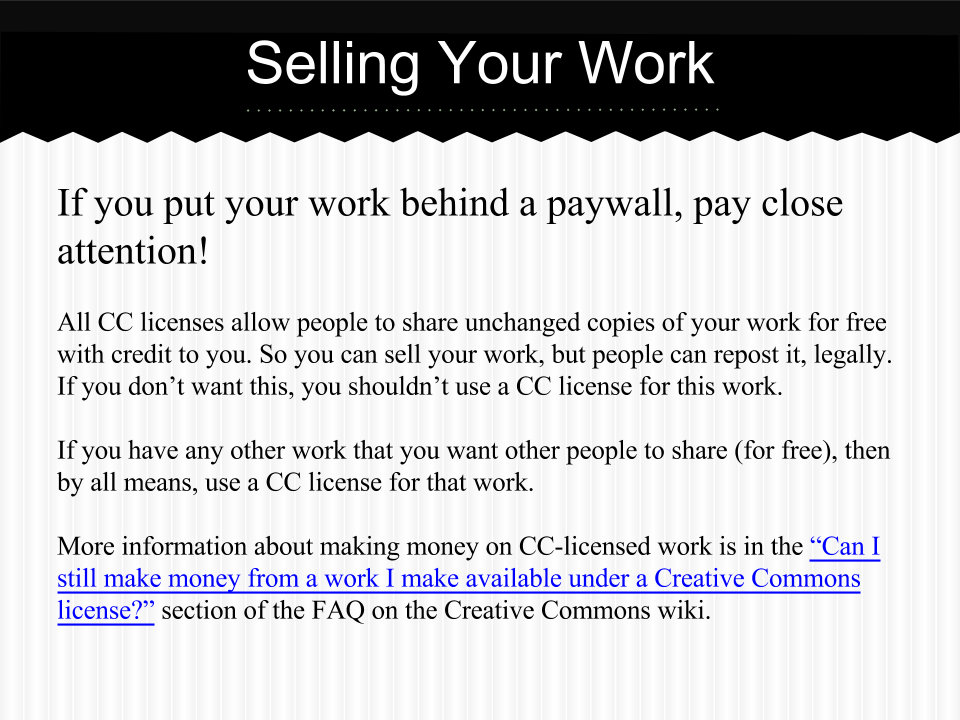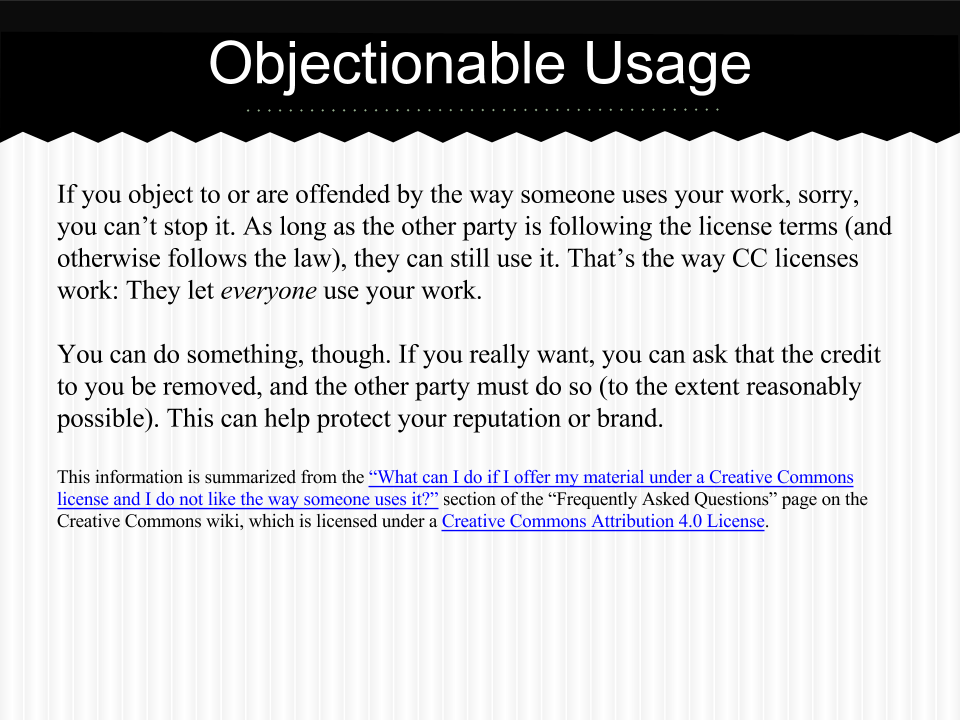/t/post/76502131093/just-letting-you-know-on-the-off-chance-you-were
Forget reblogging. I’ll just respond like this, since so far all the respondents are followers. (Follow the link for the original post.)
First, let me clear something up: A request isn’t the only reason I’ll take down content. (And this doesn’t just apply to paid content.)
I’ll be honest: For quite some time I’ve been planning to do an in-depth review of the “Hoof Beat” clop collections from Club Stripes (paid content).
I know people will groan when I pull out the the old “fair use/dealing” argument, and I get it. A lot of these claims would probably fail in court. But it’s worth mentioning since it’s worth comparing this with other things I have done and may do in the future. (DISCLAIMER: I’m not a lawyer, and this isn’t legal advice. A qualified professional should be consulted for serious issues.)
A while ago I remixed “Lustrum” by Mittsies (slightly NSFW). This is in fact paid content; Mittsies is selling it in an album and hasn’t released a free download. (EDIT: It’s still on YouTube, so I guess this doesn’t count as “paid.”) But I’d make the case that this is fair use under United States law because it’s transformative (significantly altered from the original), and because (in my opinion), it respects the commercial market for the original work. (I would think that those who are interested in my freely available remix will probably still buy Mittsies’ original if they were so inclined.)
Of course, posting paid content in its entirety does not really respect the commercial market, which is why I’ll probably remove “Royal Pains.” (And I’ll have to go through all my posts to remove any other paid content. -_-) Oddly enough, though, I might still continue with my reviews of the “Hoof Beat” series. I just won’t post the original. I would think that linking to a copy that someone else posted wouldn’t be acceptable either. But of course, they are still readily accessible, which would explain, of course, how I found it in the first place. This is sort of an “officially silent” stance, comparable to how Ambris announced an Inkbunny profile.
Although posting freely available content usually does respect the commercial market (if any), at times it may not. For example, if someone posts content that was originally made available as “pay-what-you-want,” it might decrease sales since some people might not even know that there is an opportunity to pay the artist. Even if content isn’t “pay-what-you-want,” posting it probably isn’t fair use, either. It’s not really transformative, and it incorporates the entire content of the original.
Finally, I’d encourage artists to explicitly grant permission to others to distribute their work if that’s what they want, in order to avoid the legal technicalities I’ve discussed. I personally recommend the Creative Commons licenses, which give you options how others can (legally) use the work.
